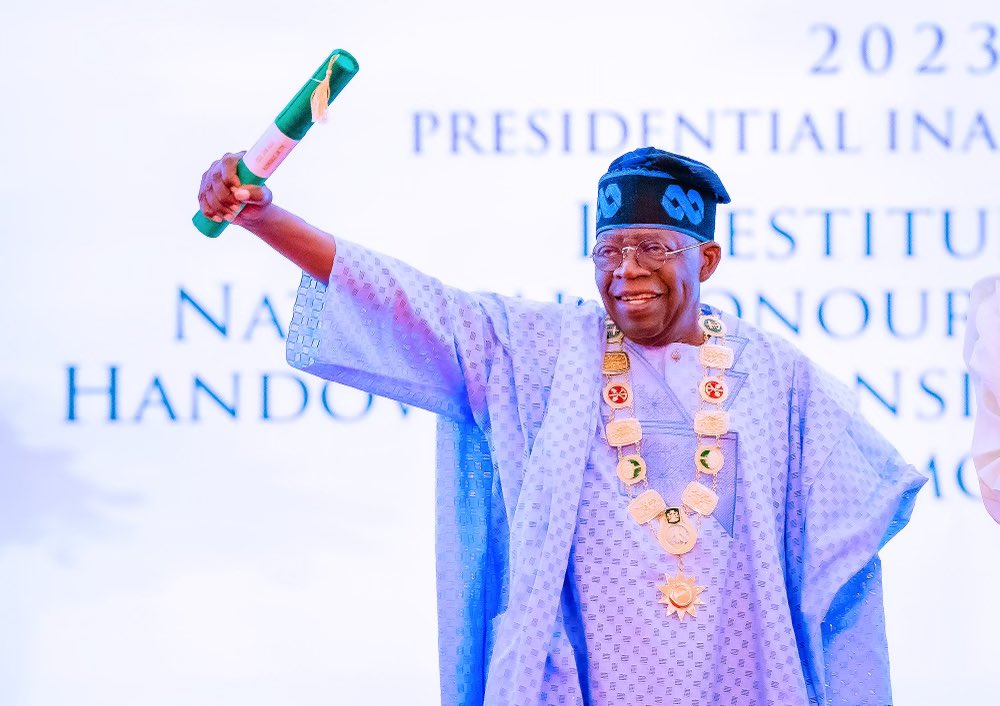A recent survey conducted by CMC Connect LLP, a Lagos-based strategic communication and public perception consulting firm, in collaboration with Analysts Data Services and Resources (ADSR), revealed that 62% of the Nigerian population surveyed believe that Nigeria is poised for advancement under the leadership of President Bola Tinubu.
The comprehensive survey involved 1,714 participants representing all six geopolitical zones of the country. Respondents were asked to share their perspectives on the initial 60 days of President Tinubu’s administration.
The report highlighted that while 38% of respondents expressed skepticism about the country’s progress under the current administration, a substantial majority of 62% expressed optimism about the administration’s ability to drive the nation forward.
The survey outcomes indicate that while there is a measure of dissatisfaction with the administration’s first 60 days, respondents are hopeful about its potential impact on the nation’s trajectory.
Among the notable findings, respondents demonstrated significant satisfaction with the removal of Godwin Emefiele as the governor of the Central Bank of Nigeria (CBN) and the appointment of Abdulrasheed Bawa as the chairman of the Economic and Financial Crimes Commission (EFCC).
The survey also unveiled that participants endorsed the recognition of both the traditional and redesigned naira notes as legal tender. However, concerns were raised regarding the proposed removal of electricity subsidies due to apprehensions about increased energy costs.
Respondents exhibited mixed views on the unification of exchange rates and President Tinubu’s target of achieving an average growth rate of 6% over the next four years.
The survey highlighted dissatisfaction with the composition of the ministerial list, underscoring the importance of a diversified and inclusive cabinet selection process.
The removal of petrol subsidies generated varied opinions, with a notable portion expressing concern about this change due to its potential impact on energy policies.
Initiatives such as the planned reopening of land borders, the distribution of fertilizers and grains to farmers and households, the appointment of Service Chiefs, and the dissolution of governing boards of government agencies received favorable responses.
Other measures, including the suspension of import tax changes on specific vehicles, the introduction of a green tax on single-use plastics, and the escalation of excise duties on locally manufactured goods, were generally well-received.
The establishment of the Nigerian education loan fund garnered mixed satisfaction levels, highlighting the importance of a balanced approach to financing education.
Additionally, the survey revealed that 33% of respondents did not participate in the last election, while 67% did not provide information on their voting behavior in the last election.
